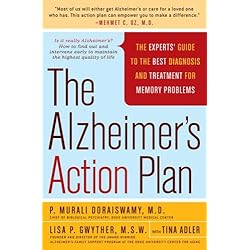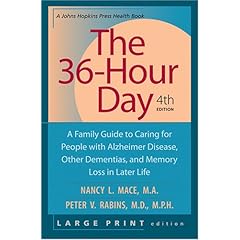 I can attest, exercise makes a difference. My mother now has the tendency to sit around all day. On those days when I can get her to go to Gold's Gym with me she is a completely different person. The look on her face, from dull to smiling, is more than enough to tell me that exercise works to her benefit.
I can attest, exercise makes a difference. My mother now has the tendency to sit around all day. On those days when I can get her to go to Gold's Gym with me she is a completely different person. The look on her face, from dull to smiling, is more than enough to tell me that exercise works to her benefit."Nursing home residents with Alzheimer's disease who participate in a moderate exercise program have a significantly slower deterioration than those who receive routine medical care, researchers have shown."
Read the article in its entirety at the CareGiver: The Book Weblog



